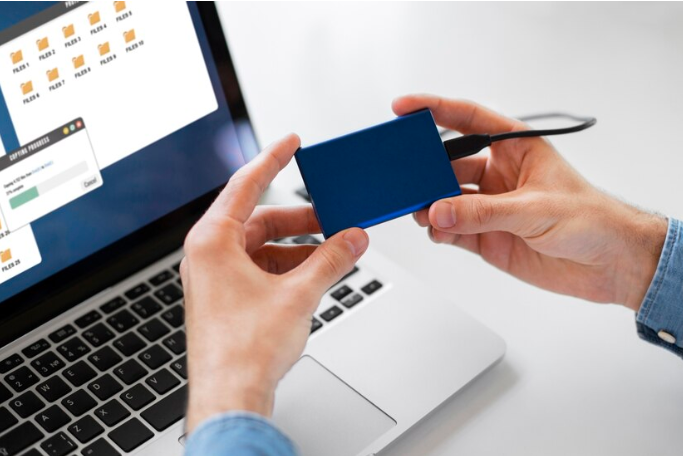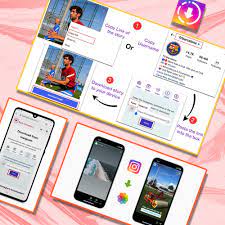As gaming continues to evolve into a multi-billion-dollar industry, the integration of digital wallets has become a game-changer, bridging the gap between virtual and real-world economies. Digital wallets facilitate seamless transactions, enhance security, and create new economic opportunities within the gaming world. Among the innovative technologies driving this integration is the Multi-Party Computation (MPC) wallet. This article explores the impact of digital wallets on gaming economies, highlighting how MPC wallet is transforming the landscape of virtual and real-world interactions.
The Evolution of Digital Wallets in Gaming
Digital wallets have revolutionized how transactions are conducted across various sectors, including gaming. Originally designed to streamline online payments, digital wallets have expanded their functionality to include in-game purchases, asset management, and cross-platform transactions. Players can now manage their virtual assets, purchase game content, and transfer funds effortlessly using digital wallets.
In the context of gaming, digital wallets offer several advantages. They simplify the process of managing virtual currencies and items, provide a secure environment for transactions, and facilitate the conversion of virtual assets into real-world value. This integration has led to a more immersive and interconnected gaming experience, where virtual and real-world economies increasingly overlap.
The Role of MPC Wallets in Gaming Economies
Multi-Party Computation (MPC) is a cryptographic technology that enhances the security and management of digital assets. MPC wallets use this technology to split cryptographic keys into multiple shares, which are distributed across different parties or devices. This decentralized approach ensures that no single party has access to the complete key, enhancing security and privacy.
In the realm of gaming, MPC wallets are making a significant impact by addressing several key challenges and opportunities:
1. Enhanced Security for In-Game Transactions
One of the primary benefits of MPC wallets in gaming is their ability to enhance security for in-game transactions. Traditional digital wallets can be vulnerable to security breaches, particularly if private keys are stored in a single location. MPC wallets address this issue by distributing key shares across multiple locations or devices, reducing the risk of unauthorized access and theft.
For gamers, this means that their virtual assets and transactions are protected by advanced security measures. Whether purchasing in-game items, trading virtual currencies, or managing gaming accounts, players can enjoy a higher level of confidence in the security of their transactions.
Read also: Why High-Quality Commercial Water Tanks Are a Game Changer for Your Business
2. Facilitating Cross-Platform Transactions
MPC wallets facilitate cross-platform transactions, allowing players to seamlessly transfer assets and funds between different gaming environments. This interoperability is crucial in an era where gaming experiences are spread across multiple platforms, including consoles, PCs, and mobile devices.
With MPC wallets, players can manage their virtual assets across various games and platforms without the need for multiple wallets or cumbersome conversion processes. This seamless integration enhances the overall gaming experience, making it easier for players to engage with different gaming ecosystems and take advantage of opportunities in diverse virtual worlds.
3. Creating New Economic Opportunities
The integration of digital wallets and MPC technology is creating new economic opportunities within gaming economies. Players can now monetize their gaming achievements, trade virtual assets, and participate in decentralized marketplaces using MPC wallets. This opens up new revenue streams for gamers and game developers alike, contributing to the growth of virtual economies.
For game developers, MPC wallets offer the potential to create innovative monetization models and revenue-sharing mechanisms. By leveraging the security and flexibility of MPC technology, developers can design in-game economies that reward players for their contributions and encourage engagement through secure and transparent transactions.
4. Supporting Blockchain-Based Gaming
The rise of blockchain technology has introduced new possibilities for gaming economies, including the creation of decentralized games and virtual worlds. MPC wallets are well-suited to support blockchain-based gaming by providing secure and efficient management of digital assets and transactions.
In blockchain-based games, MPC wallets facilitate the secure storage and transfer of cryptocurrencies, non-fungible tokens (NFTs), and other digital assets. This integration enhances the transparency and security of blockchain gaming ecosystems, enabling players to participate in decentralized economies with confidence.
The Future of Digital Wallets in Gaming
As technology continues to advance, the role of digital wallets, including MPC wallets, in gaming economies is expected to grow. Innovations in cryptographic techniques, blockchain technology, and digital asset management will further enhance the integration of virtual and real-world economies.
For gamers, this means a more immersive and secure gaming experience, with greater opportunities to monetize and interact with virtual assets. For developers, it presents new possibilities for designing engaging and profitable gaming ecosystems that leverage the power of digital wallets and MPC technology.
Conclusion
Digital wallets, particularly those utilizing Multi-Party Computation (MPC) technology, are bridging the gap between virtual and real-world economies, transforming the gaming landscape. By enhancing security, facilitating cross-platform transactions, creating new economic opportunities, and supporting blockchain-based gaming, MPC wallets are reshaping how players and developers interact with digital assets. As the gaming industry continues to evolve, the impact of digital wallets and MPC technology will play a pivotal role in shaping the future of virtual and real-world interactions.







